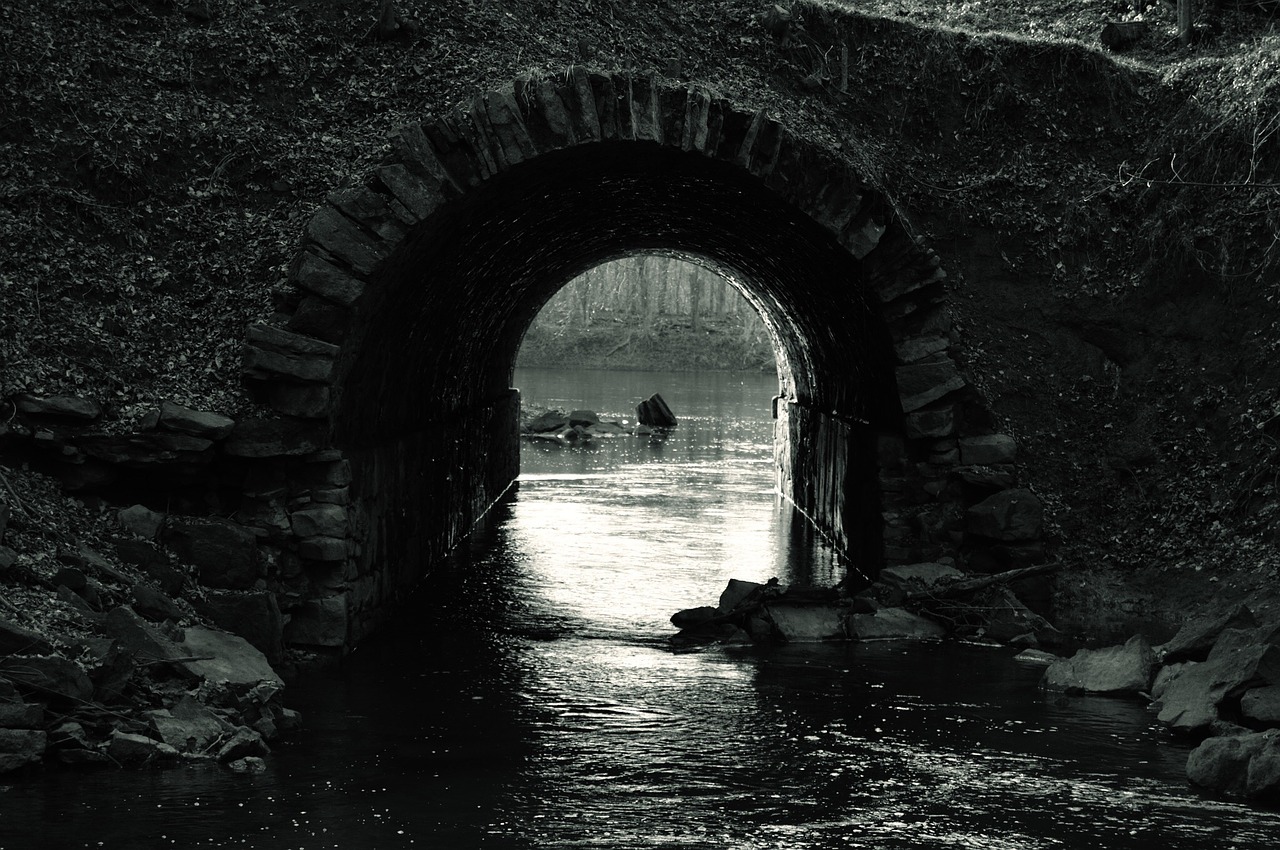
California’s historic draught has generated a host of innovative and experimental solutions from both environmentalists and lawmakers. Among the more controversial proposals is the construction of tunnels to divert water from the Sacramento River before it reaches the Sacramento-San Joaquin Delta for delivery to southern California regions. The public comment period for this proposal ended on October 30 with a large majority of responders opposing the project.
Supporters of the project view diversion measures as necessary to ensure water availability throughout the state. According to tunnel advocates, a large scale study completed in 2013 by the state found that the project would yield a significant economic boom, with $83.5 billion dollars generated by business during the 50 year projected span of the initiative.
Opponents of the proposed tunnel project maintain that diverting the Sacramento River, which accounts for 80 percent of freshwater into the San Francisco Bay delta, would negatively impact the fragile conditions in the water, including the vulnerable salmon populations. In addition, sea levels in the greater San Francisco Bay Area could rise to dangerously high levels due to climate change. The group, Restore The Delta, which has actively opposed the project, claimed that the California Natural Resources Agency has declined to evaluate other infrastructure measures which would be far more environmentally friendly.
Two of the entities seeking increased water distribution are the Kern County Water Agency and the Wetlands Water District. These water agencies are considering the purchase of a collection of islands known as the Delta Wetlands Properties, which some regard as an attempt to secure more water distribution. The purchase of these entities may play a significant role in the Delta tunnels project negotiations.
Contact Shane Coons at 949-333-0900 or visit his website at www.ShaneCoonsLaw.com to find out more about his practice.
